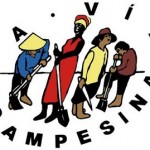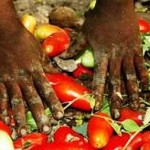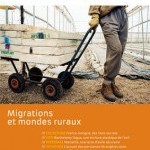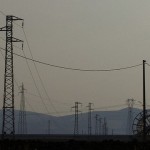Germany, the leading European food industry is increasingly criticized for the social and environmental price for its economic success. Only two weeks after my arrival in Lower Saxony, I have already seen the devastating effects of its operation. For years, thousands of posted workers suffer abuses of unscrupulous subcontractors. Through these “service contracts” large groups such as Tönnies, Danish Crown, Heidemark, Vion “rent” contract workers. These service contracts can circumvent the German labor law and to drastically cut wages. Beyond the damage suffered by the employees, this creates a problem of unfair competition. Most of these contract workers are from Eastern Europe (Romania, Poland, Bulgaria) and are subject to daily pressures. They are willing to accept conditions of living and working close to slavery, for fear of losing their jobs and having to return home without money.
Summary:
The testimonies of some former slaughterhouse workers report numerous violations of the rights of unsustainable rates, threats … Given the particular problem in the Lower Saxony region a consultancy mobile cell and access to rights was mounted in the program Faire Mobilität. More and more exploited workers use them. One of the counselors testify situations observed and the mafia look of subcontracting companies. For her the imposition of a minimum wage does present a partial solution if the checks were conducted on the workplace but also in life. According to her the exploitation of migrant workers in Lower Saxony receives little interest from public opinion, more concerned about the breeding conditions and slaughter of animals.







